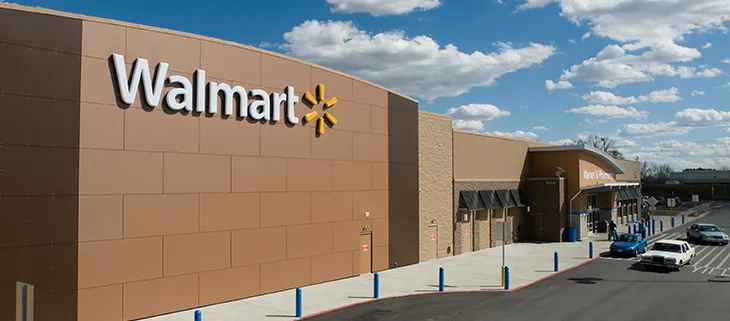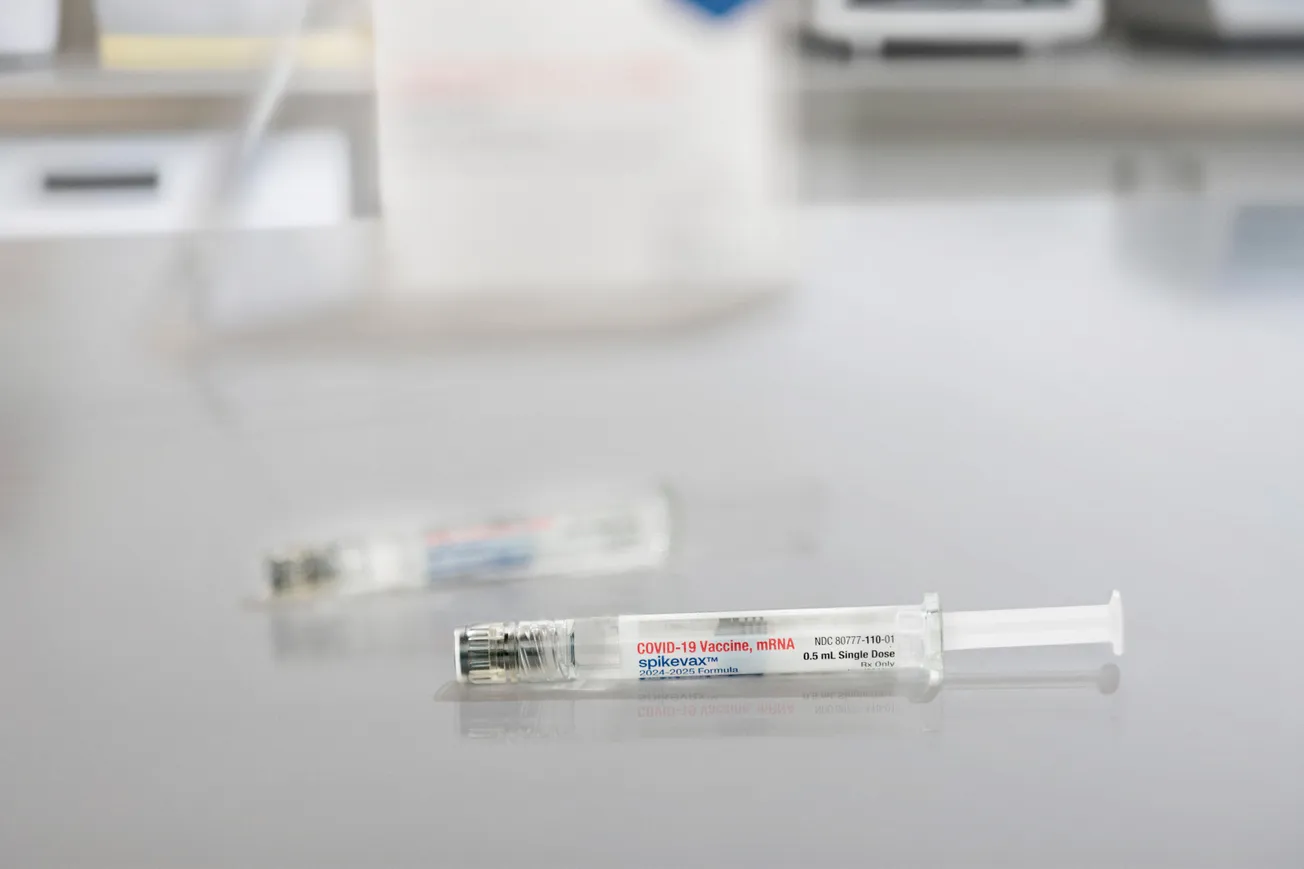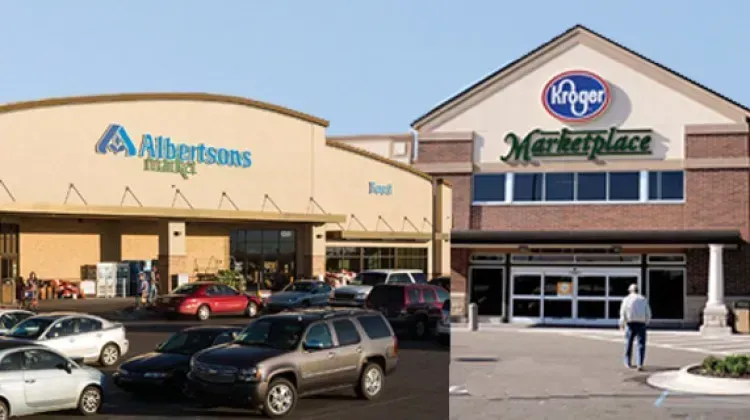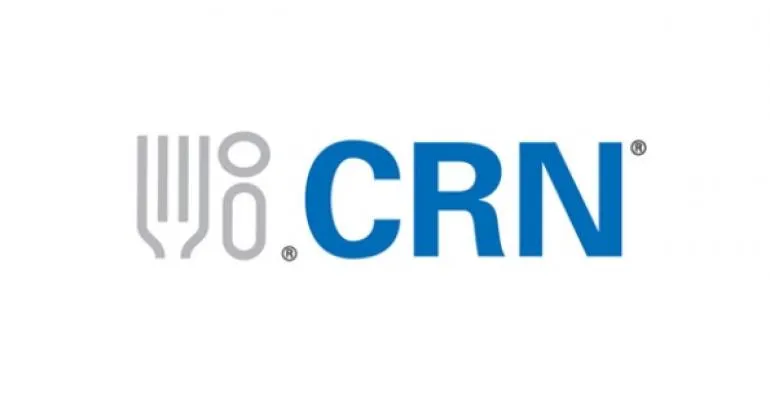BENTONVILLE, Ark. — Walmart agreed to pay $282 million to settle federal allegations of overseas corruption, capping one of the biggest investigations ever under the Foreign Corrupt Practices Act, which makes it illegal for American corporations to bribe overseas officials.
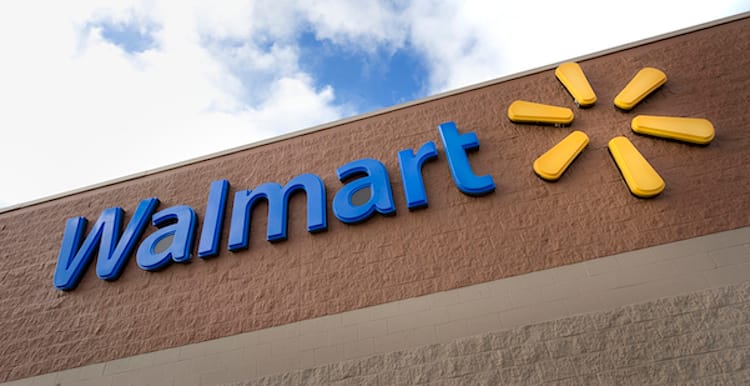
The company said Thursday it had entered into a global settlement with the U.S. Department of Justice (DOJ) and the Securities and Exchange Commission (SEC) that closes the books on investigations into Walmart’s anti-corruption internal controls in Brazil, Mexico, India and China prior to April 2011.
“We’re pleased to resolve this matter,” Doug McMillon, Walmart’s president and chief executive officer, said in a statement. “Walmart is committed to doing business the right way, and that means acting ethically everywhere we operate. We’ve enhanced our policies, procedures and systems and invested tremendous resources globally into ethics and compliance, and now have a strong Global Anti-Corruption Compliance Program.”
The company settled both civil charges brought by the Securities and Exchange Commission and a criminal case built by federal prosecutors in Virginia.
In the criminal case, Walmart agreed to pay $138 million to avoid prosecution, while its Brazilian subsidiary plead guilty to violating the Foreign Corrupt Practices Act. As for the civil case, the SEC announced a $144 million settlement against Walmart for “failing to operate a sufficient anti-corruption compliance program” in Brazil, China, India and Mexico.
“Walmart valued international growth and cost-cutting over compliance,” Charles Cain, chief of the SEC unit overseeing the Foreign Corrupt Practices Act, said in a statement. “The company could have avoided many of these problems, but instead Walmart repeatedly failed to take red flags seriously and delayed the implementation of appropriate internal accounting controls.”
Walmart has agreed to report to the SEC on its Anti-Corruption Compliance Program for a period of two years. Walmart has taken extensive steps to strengthen its Global Anti-Corruption Compliance Program through enhancing its anti-corruption compliance policies, procedures, and internal controls in every country in which it operates.
The DOJ and SEC acknowledged several steps Walmart took to enhance its Global Anti-Corruption Program. They include:
- Hiring dedicated home office and market-level anti-corruption compliance leadership including a Global Ethics and Compliance Officer, an International Ethics and Compliance Officer, and a Global Anti-Corruption Officer.
- Conducting enhanced monthly and quarterly anti-corruption monitoring across each of the company’s markets by dedicated Walmart financial controls and continuous improvement teams.
- Enhancing anti-corruption risk assessments across all international markets.
- Enhancing on-site global anti-corruption audits to test adherence to enhanced controls and procedures.
- Enhancing internal controls on the selection and use of third-party intermediaries who interact with government officials on Walmart’s behalf.
- Enhancing Walmart’s Global Anti-Corruption Training and Awareness Program.
- Implementing an automated global license management system for licenses and permits and a global donation management system.
- Terminating business relationships with third parties involved in the conduct at issue.

